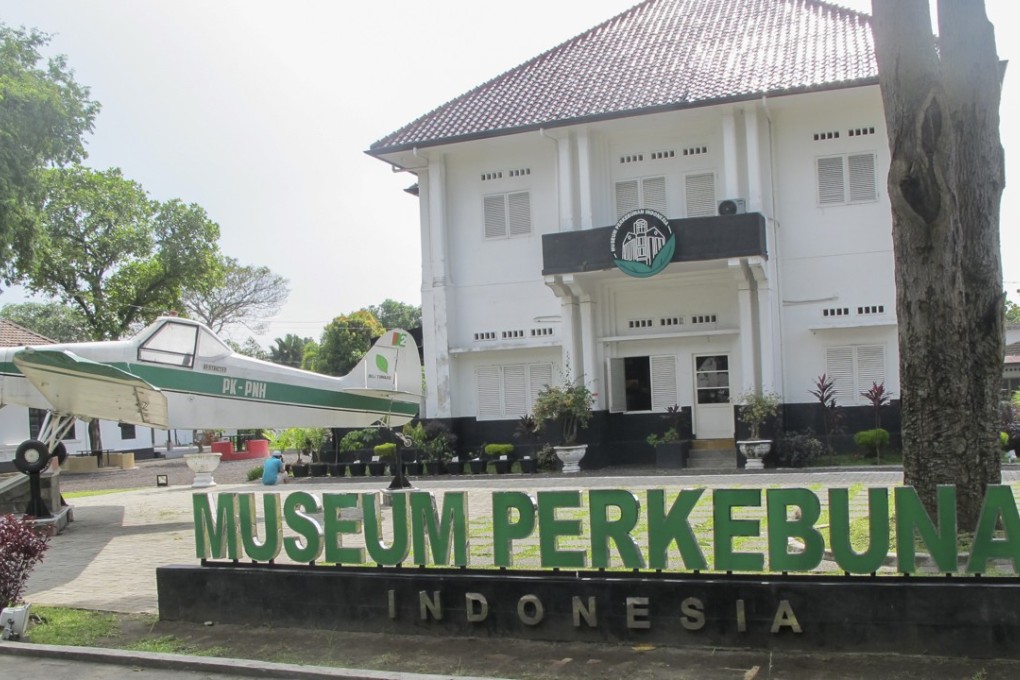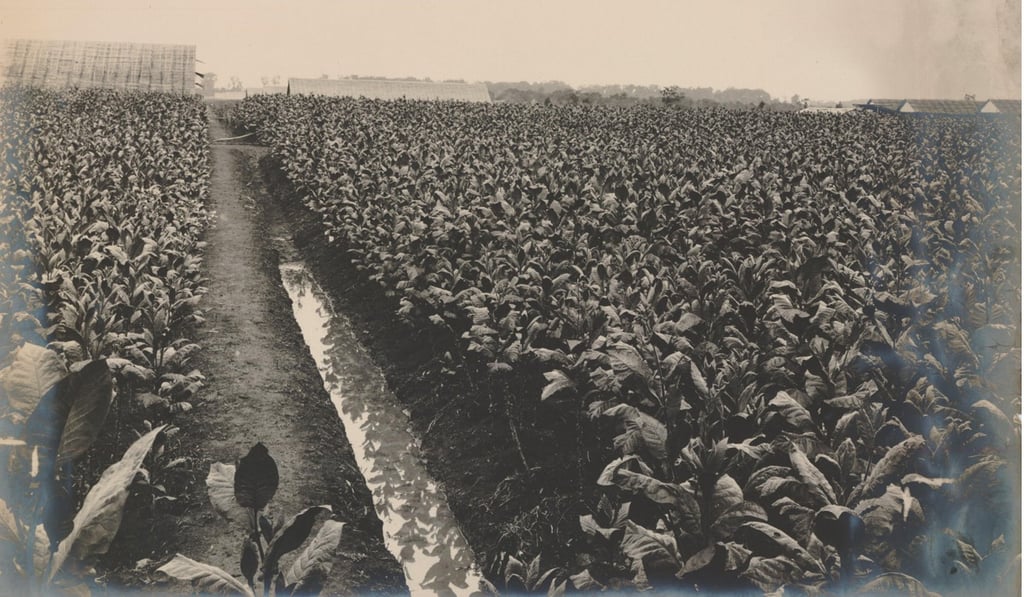How Havana of the East withered under state rule and palm oil's rise
A sultan lured a Dutchman to Sumatra 150 years ago to launch tobacco growing. Initially successful, the industry withered after Sukarno’s nationalisation and was eclipsed by palm oil. A museum recalls the glory days

In December 1957, Sukarno, the first president of newly independent Indonesia, expelled some 46,000 Dutch people living and working in the country and nationalised their businesses, slamming the final door shut on 350 years of colonialism in what was formerly called the Dutch East Indies.
Angry at the refusal of the Netherlands’ government to cede Papua New Guinea to Indonesia, which had been independent since 1945, Sukarno gave the Dutch one month to pack up and leave their former colony.
In Medan, a commercial entrepot in North Sumatra founded on the tobacco business in the late 1860s, scores of Dutch-owned tobacco, rubber, tea and palm oil plantations were nationalised.
The tobacco industry in the Deli district, as the area around Medan was known, had been pioneered by Dutch entrepreneur Jacob Nienhuys, who moved there in 1863 after a failed tobacco plantation venture on the adjacent island of Java.

The district’s volcanic soil and climate were ideal for growing tobacco. When the Sultan of Deli granted Nienhuys a 20-year concession to harvest and buy tobacco from local residents, he returned to Holland to seek investment in a plantation from merchants in Rotterdam.
While they were impressed with the Deli tobacco leaf, all but one turned him down. The exception was Peter William Janssen (this writer’s great-great-grandfather), an Amsterdam-based grain merchant who decided to invest 30,000 guilders in the Deli venture.